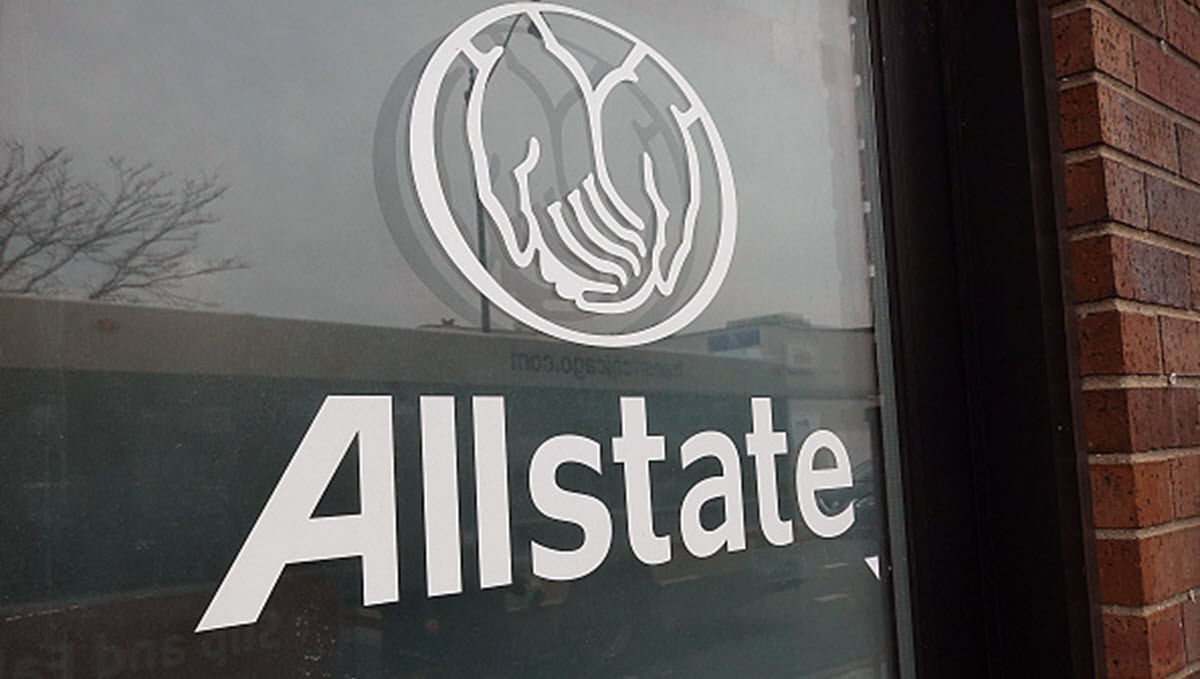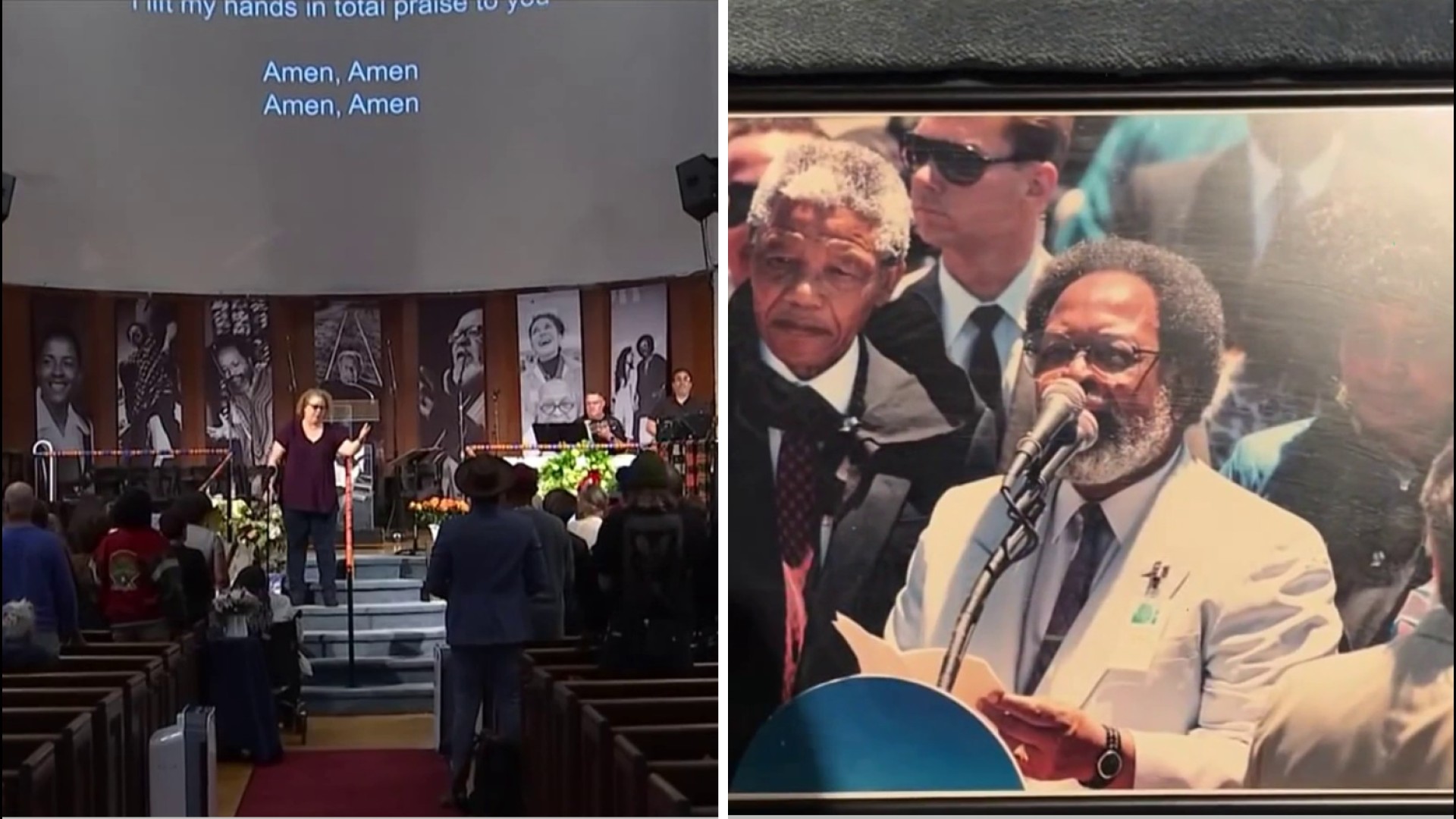The future of communication has arrived in the Bay Area — and it looks an awful lot like a shipping container. A shipping container someone spray-painted gold.
The container in question was perched behind a chain-link fence near San Francisco’s Hayes Green, next to other shipping containers that had retired from hauling stuff and were now home to shops selling clothes, coffee and ice cream.
But this particular container wasn’t peddling anything. Instead it beckoned people to step inside and merely have a conversation with someone else — someone who happened to be thousands of miles away.
“The idea of the portal is we create this kind of Narnia door,” said Carrie Denning who is part of the public art project called SF Portals, organized by the group Shared Spaces. “That’s always existed in people’s minds — this wormhole to a distant land.”
This gold container didn’t actually have any worms. But it did have a big screen connected to Skype. Skype on a phone or computer seems like old technology. But when it’s projected on a wall it seems the future has arrived even sooner than jetpacks.
Shared Studios set-up a dozen similar shipping containers around the world — in places like Honduras and Afghanistan. Visitors get 20 minutes inside to have a conversation with someone far away in another shipping container — someone they might not talk to in real life but will when they’re projected onto a wall — and are the only other people to talk to in a shipping container. All topics were fair game, except the usual icebreakers strangers resort to when they aren’t sure what to talk about.
“You don’t want it remaining on weather or sports,” Denning said.
Earlier this week, a group of three friends stepped into the container. On the screen were five Syrian girls living in the Az’atari Refugee camp in Jordan. For 20 minutes the girls, through an interpreter, peppered the group about life in the United States — what they’d done that day. What was the education like? Had they ever met an Arab? The Americans asked what time it was in Jordan? They asked what the Syrian girls had done that day? The Syrian girls responded they’d gone to school and then surfed the internet. The Americans nodded.
Local
Then, like most conversations that go on for a while, the discussion dove below the surface and revealed something new. The San Francisco group learned the Syrian girls were known as the “photography girls,” because of their love of snapping pictures around their camp.
“We take pictures of what we do every day,” the girls said. “Take pictures of our house, our family members.”
The girls said some of them had been in the camp for as long as four years while war tore up their country. They looked forward to traveling somewhere else. And taking pictures of something beside their camp. They asked the San Franciscans to pray they get to leave the camp soon and return to their homes in Syria. The Americans said they would.
“I just think it was a phenomenal opportunity to speak with a small group I would never ever get to speak with,” said one of the American participants following the session.
Shared Space founder Amar Bakshi said the interaction with people far away in miles and circumstances, was more interesting than most regular conversations, even when people talked about the weather The idea was that a regular old conversation played out over unlikely space and time, could create the kind of connection normal conversations couldn’t.
“The idea is to create a space where people can encounter one another for no particular purpose,” Bakshi said.
Anders Becker and his elementary school class from the French American International School took a turn talking with the girls. One of the Syrian girls said she liked English classes which elicited nods from the San Francisco crowd. Another Syrian girl said she liked math which got blank stares. Anders asked if they had boys in their school. They said boys and girls attended to school at different shifts. The girls giggled when the Americans said boys and girls at their school attnended the same shift.
“They’re just normal people,” Becker said later, “that were in an unlucky situation.”
After twenty minutes of conversation a knock came on the container door— signaling time to wrap up. The Syrian girls said “goodbye” to the students in English and the American students said it in Arabic.
Afterward the Americans agreed after years hauling goods across the nation, the gold painted shipping container was now hauling something much more precious.



